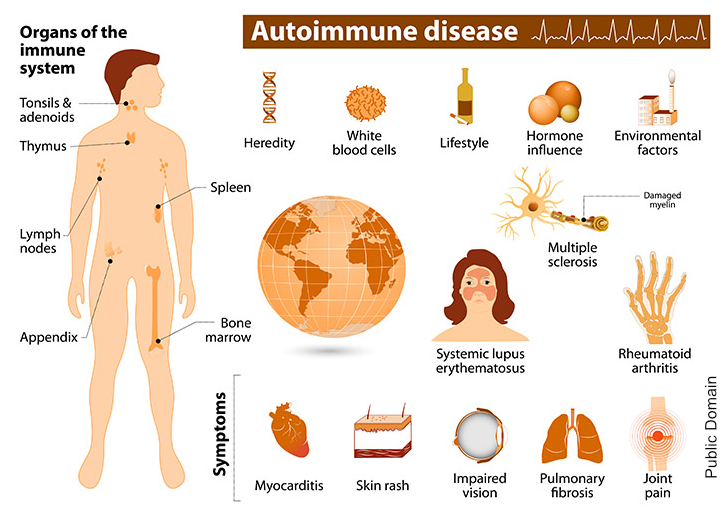Rheumatoid arthritis (RA) is a chronic autoimmune disorder that causes inflammation of the joints and surrounding tissue, but may also cause other issues. Joint pain, stiffness, and edema are typical symptoms, along with weakness and exhaustion. Nodules may develop beneath the skin as a result of RA, which can also affect the eyes, lungs, heart, and blood vessels.
Chronic inflammation in some RA patients may lead to anemia, or a decreased red blood cell count. Inflammation around the heart and in the lungs from RA might result in other health issues. To monitor and manage these and other potential consequences, patients with RA must receive regular medical care.
Onset:
Rheumatoid arthritis symptoms include fever and fatigue. Other possible RA symptoms include a general sense of being unwell, appetite loss, and weight loss. Although some patients may experience a more abrupt onset of symptoms, it is typical for RA symptoms to develop gradually over the course of weeks or months.
If you notice any of these symptoms, it’s crucial to consult a doctor right away because prompt diagnosis and care can lessen the risk of complications and limit the disease’s course.
Other Symptoms:
Eye, mouth, or throat dryness or inflammation are potential symptoms of RA. Others may have difficulty moving their fingers or toes or feel numbness or tingling in their hands or feet. In addition, some RA sufferers may struggle with breathing issues like shortness of breath or a lingering dry cough. If you experience any of these symptoms or any other strange ones, you should get medical attention right once because they could be signs of RA or other health issues.
The Centers for Disease Control and Prevention (CDC), which is a federal agency that works to protect public health. The CDC website has information about RA, including statistics about the prevalence of the condition in the United States and tips for living with RA. You can find more information at https://www.cdc.gov/arthritis/basics/rheumatoid-arthritis.html.

